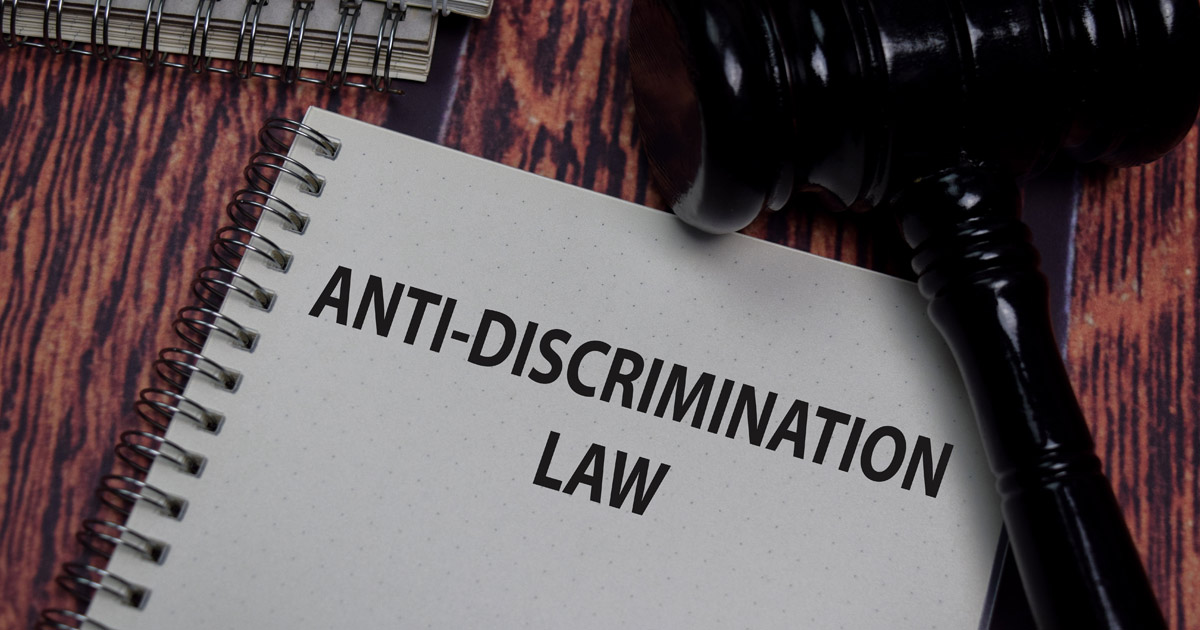Should I Have a Lawyer Review My Executive Employment Contract?

Executive-level employees are often offered executive contracts or employment agreements. For employers, a contract can ensure that the executive will work for them for a predetermined amount of time, among other commitments. For the executive, a contract allows them to negotiate their compensation, criteria for raises, bonus structure, and severance payments.
It can be beneficial for anyone offered an employment contract to have a lawyer review the paperwork. An experienced employment lawyer can:
- Demonstrate to the employer that you are serious about negotiating the best package possible.
- Ensure that a proposed severance package will be adequate should you be let go.
- Translate the legal jargon into understandable terms, so everything is clear.
- Negotiate for a salary commensurate with the market.
- Review noncompete and other clauses to ensure they will not compromise future employment.
In short, your lawyer will craft a complete negotiation strategy to make sure you are favorably covered in all aspects of employment: salary, vacation, bonuses, raises, termination, and postemployment provisions.
A terminated employee, executive or not, who is offered a severance package can also benefit from having a lawyer review the termination or severance agreement. This can help the employee understand all terms and expectations.
Most employers have deadlines for an employee to accept or reject an employment contract. That is why you should speak with a lawyer as soon as you receive the contract. Your lawyer will appreciate the extra time to craft a solid strategy that will include some or all of the following:
- Compensation: Amount of compensation and timeframes for delivering payment.
- Bonuses: Bonus criteria, amounts, and timing for payment.
- Raises: Eligibility for raises, timing, and amounts.
- Liability protection: A lawyer will review the contract to ensure appropriate insurance protections and agreements are in place to shield the executive from personal liability and indemnification.
- Responsibilities: Full job description, title, duties, reporting structures.
- Benefits and perks: Insurance coverages, such as disability and life insurance, medical plan/medical check-ups, 401k, pension, or other retirement plans, meal and entertainment reimbursement, company car, cellphone, housing assistance.
- Stock rights: Stock amounts, vesting, exercising stock options, dilution of stock value; how stock options and vesting will be managed postemployment.
- Timeframes: Length of contract and criteria for a contract extension.
- Performance evaluations: Criteria and timing, benchmarks, and ratings to be used.
- Post-employment provisions: Noncompete clauses, trade secrets, and intellectual property considerations. A lawyer will review these restrictive covenants to ensure the executive’s future employment is not jeopardized.
- References: Agreement on what employer may disclose about the employee should they be terminated; how references will be handled.
- Severance: Items the severance package will include compensation, timing and length of salary payments, benefits, such as insurance coverage and other considerations.
- Confidentiality requirements: Most employment agreements require that an executive employee agree not to divulge confidential information acquired during employment. A lawyer will ensure that the employer provides for certain limitations, such as information that is publicly known or is already lawfully in an executive’s possession.
- Continued employment: A contract should include salary, benefits, and perks should the executive remain with the company but in a different capacity. There should also be language that spells out what will happen to the executive and the position should the company be sold, taken over, or if there is a material change in job duties or reporting relationship.
An employment contract will also typically include the grounds for which an employer may terminate the executive’s employment and not pay severance benefits. This is called a “for cause” provision and will include reasons such as:
- Employee’s felony conviction.
- Employee has substantially failed to perform job functions.
- Employee fraud or willful and material misconduct concerning the employer.
- A willful and material breach of the employment contract.
In summary, an employment lawyer can help ensure that the high-ranking employee is protected both during and after employment.
Philadelphia Employment Lawyers at Sidkoff, Pincus & Green P.C. Help Executives Negotiate Favorable Employment Contracts
Any employee offered an employment contract should reach out to one of our Philadelphia employment lawyers at Sidkoff, Pincus & Green P.C. We have helped many executives get substantial compensation and benefits packages. For an initial consultation, contact us online or call us at 215-574-0600. Located in Philadelphia, we serve clients throughout Pennsylvania and New Jersey.






















